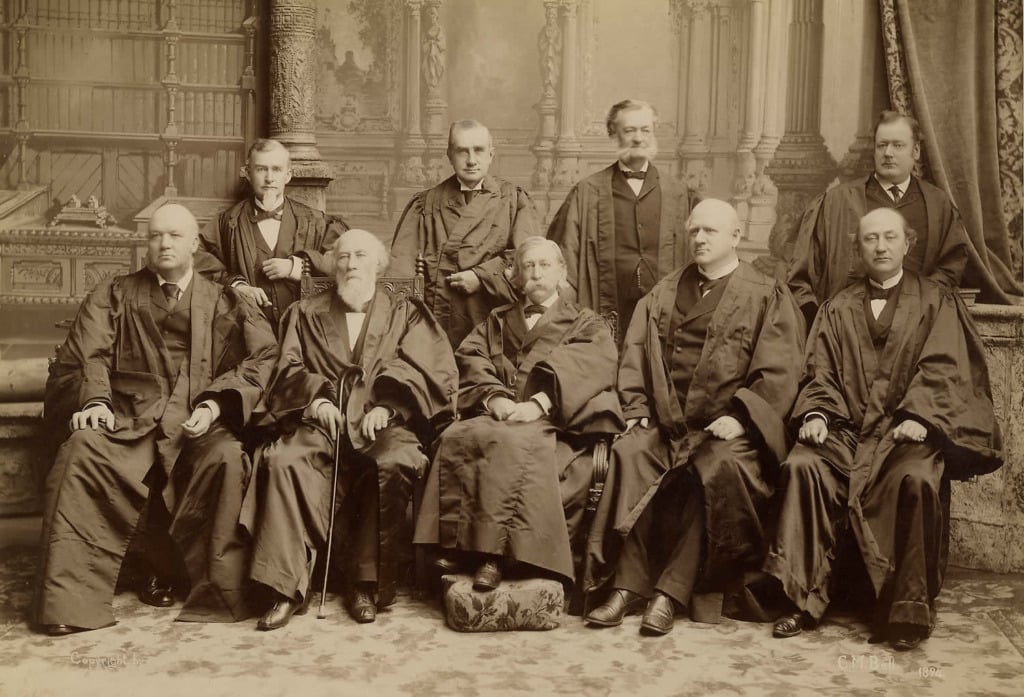In the United States, the recognition and enforcement of foreign-country judgments is generally governed by state law. Most states have adopted one of two Uniform Acts that provide for the recognition and enforcement of foreign money judgments subject to certain exceptions, including lack of jurisdiction, fraud, and public policy. There is also a federal statute, the SPEECH Act, that governs the recognition and enforcement of foreign defamation judgments. The United States has signed two judgments treaties, the 2005 Hague Convention on Choice of Court Agreements and the 2019 Hague Judgments Convention, but neither has yet been sent to the Senate for ratification.
A Primer on Foreign Judgments
In the United States, the recognition and enforcement of foreign-country judgments is generally governed by state law. Nevertheless, the law on foreign judgments is fairly uniform throughout the United States because most states have adopted one of two Uniform Acts. These Acts establish a presumption that final, conclusive, and enforceable foreign judgments are entitled to…
Continue ReadingFederal Circuit Revives Afghanistan Lease Dispute
In a recent decision, Lessors of Abchakan Village v. Secretary of Defense, the Federal Circuit reversed the Armed Services Board of Contract Appeals (the “Board”) and revived a claim by Afghan villagers for $28 million in unpaid rent on a lease for a U.S. military base. Whether the villagers or the Government of Afghanistan owned…
Continue ReadingThrowback Thursday: Hilton v. Guyot
One hundred and thirty years ago this week, on June 3, 1895, the Supreme Court decided Hilton v. Guyot. Hilton is the seminal decision on recognizing and enforcing foreign judgments in U.S. courts. Although the federal common law rule that Hilton announced has been superseded by state law, Hilton continues to influence state rules in…
Continue Reading

